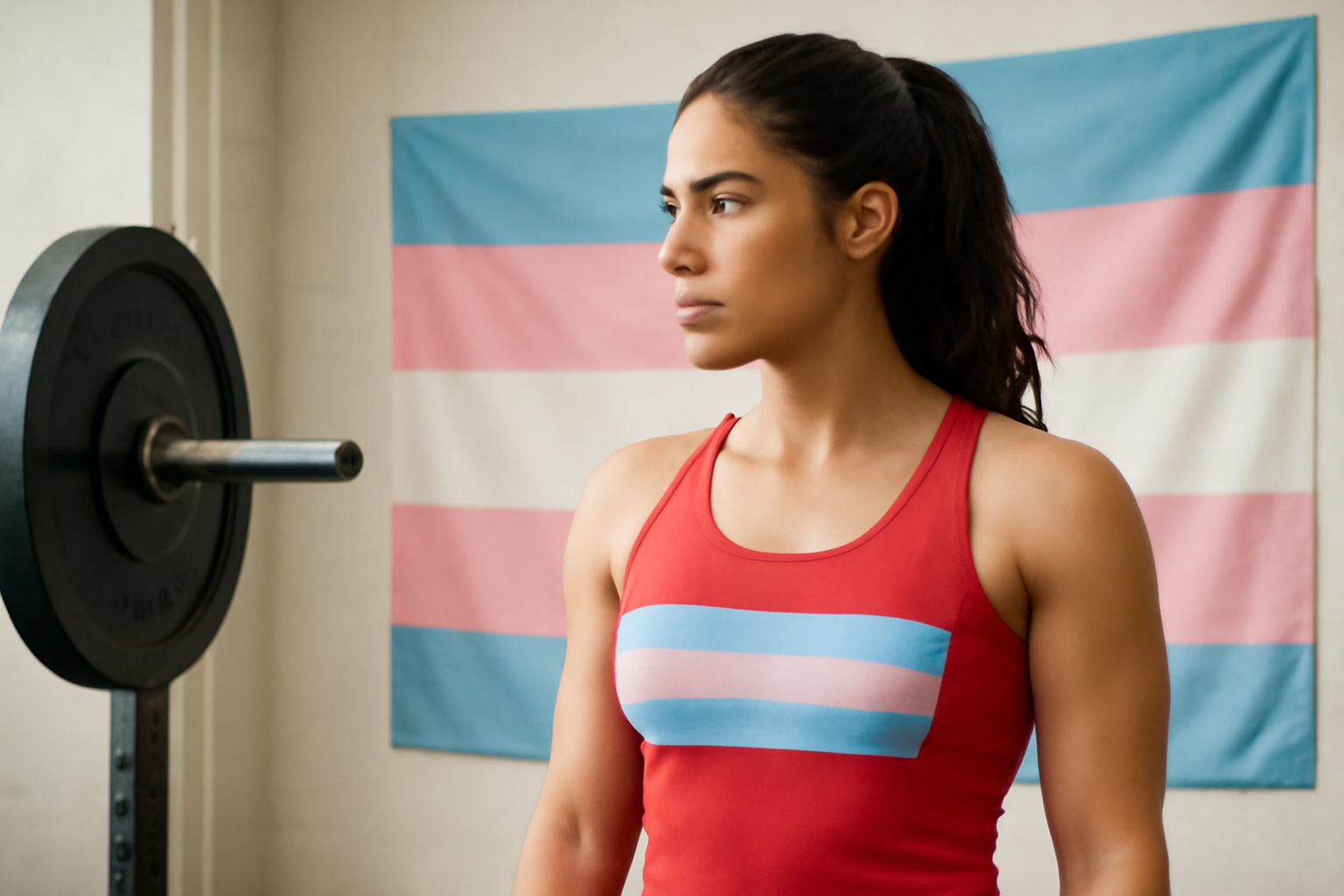
In recent developments within the world of competitive fitness, new regulations have been introduced that significantly affect the participation of transgender athletes. These guidelines, released by a leading fitness competition organization, have sparked widespread discussion and debate regarding inclusivity and fairness in sports.
The Background Behind the Rule Changes
The fitness organization in question has a long-standing reputation for hosting international competitions that draw athletes from various backgrounds. However, with the increasing visibility of transgender athletes and their participation in sports, the organization decided to reassess its policies to address this evolving landscape.
The primary aim of the new guidelines is, according to the organization, to ensure a level playing field for all competitors. However, critics argue that these changes may inadvertently exclude transgender athletes from participating in a manner consistent with their gender identity.
The Specifics of the New Guidelines
Under the new rules, transgender athletes must fulfill certain criteria to participate in categories that align with their gender identity. These criteria include specific medical documentation and proof of hormone levels for a defined period prior to the competition. The organization claims that these measures are essential to maintain fairness and competitiveness.
Many advocates for transgender rights point out that such requirements could be overly burdensome and may discourage participation. They argue that the focus should be on creating an environment where all athletes feel welcomed and respected, regardless of their gender identity.
Reactions from the Community
The announcement of these guidelines has prompted a strong response from both supporters and critics. Advocates for transgender inclusion in sports emphasize the importance of visibility and representation, stressing that sports can play a crucial role in the empowerment of transgender individuals.
On the other hand, some voices within the fitness community express concerns about maintaining competitive integrity. They argue that without such regulations, the competition could become unfair. However, this perspective is often challenged by those who believe that the focus should be on inclusivity rather than exclusion.
Looking Towards the Future
As the debate continues, many are calling for more dialogue between the fitness organization and representatives from the transgender community. Dialogue and collaboration are seen as essential steps toward developing policies that are perceived as fair and inclusive by all stakeholders involved.
The organization has stated that it is open to feedback and willing to revisit these guidelines in the future. This openness to change is viewed by some as a positive sign, suggesting that there is room for growth and adaptation in response to community concerns.
Ultimately, the situation highlights the broader challenges facing the sports world as it navigates issues of gender identity and inclusion. It serves as a reminder of the importance of creating spaces where all individuals, regardless of their identity, can feel valued and supported.
As this story unfolds, it is clear that the conversation around transgender athletes and competitive sports is far from over. Continued advocacy, dialogue, and education will be key components in shaping a future where sports can be a place of unity rather than division.
Through continued discussion and willingness to adapt, the hope is that the fitness community will find a path forward that honors both the spirit of competition and the rights of all athletes to compete authentically.
Related Posts
Triumphant Trans Woman Wins Legal Battle and Inspires Others to Stand Up for Their Rights
Breaking new ground: a landmark victory in transgender rights After battling in courtrooms and enduring endless challenges, Diana Portillo, a transgender woman, has secured a monumental victory in her decade-long fight against workplace discrimination. The result? Nearly $1 million awarded in a historic settlement. But this isn't just a win on paper—it represents a powerful precedent in combati [...]
Pride Month in Latin America: Protests and Demands for Equality
**Celebrating Pride and advocating LGBTQ+ rights in Latin America** Pride Month in Latin America was a lively mix where celebration met activism. Communities united, not just throwing a party but making a stand—demanding equality and pushing governments toward better protection and rights recognition. Throughout Latin America, pride events erupted in marches and cultural displays, each with a c [...]
Transgender Erasure Actions Implemented by National Park Service
```html Trump administration's impact on national park service and transgender recognition The Trump administration made notable moves in undermining transgender representation, which included directing agencies like National Park Service not include "T" and "Q" when they refered “LGBTQ” in any official communication. This move seems part a broader plan by this administration aimed at reducin [...]